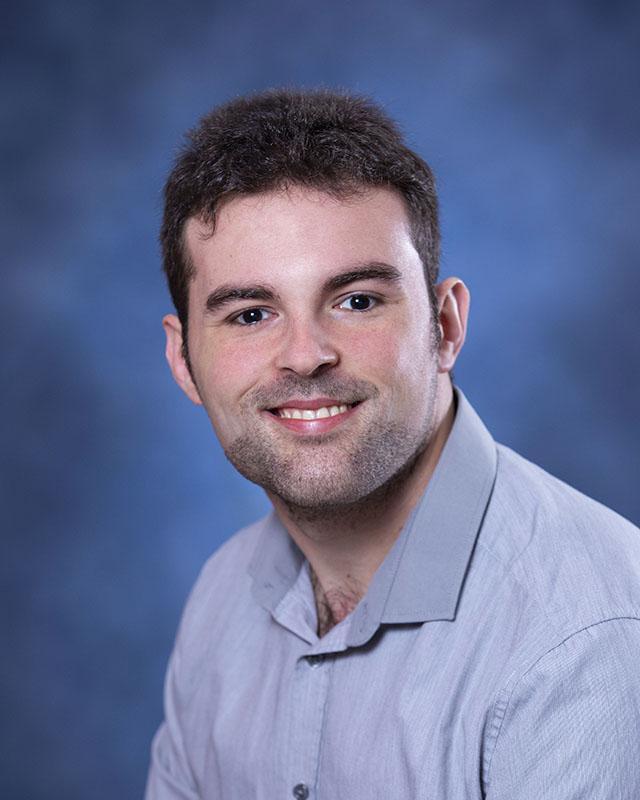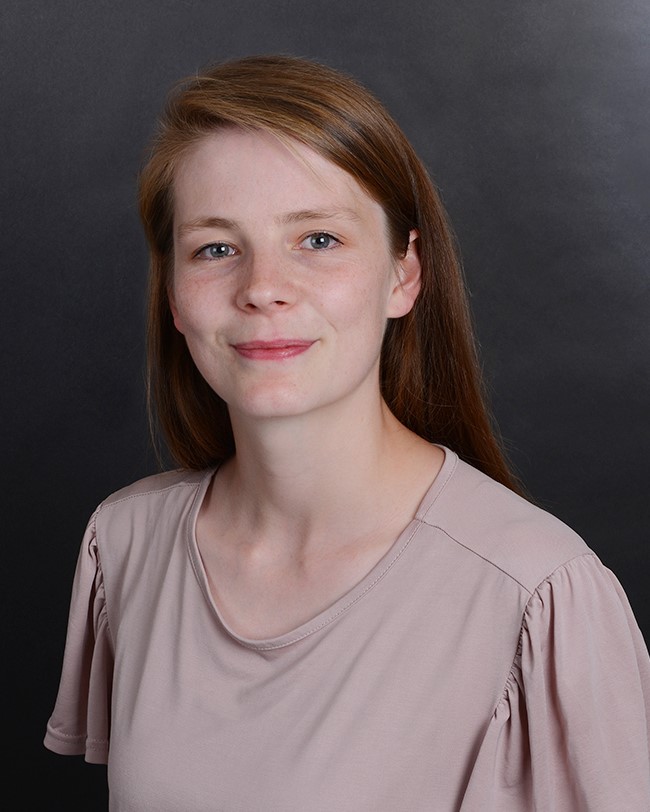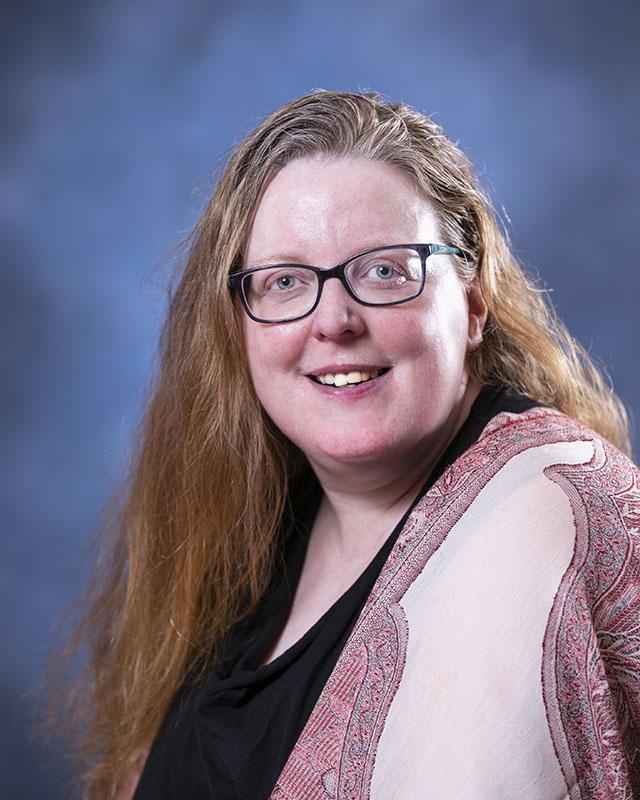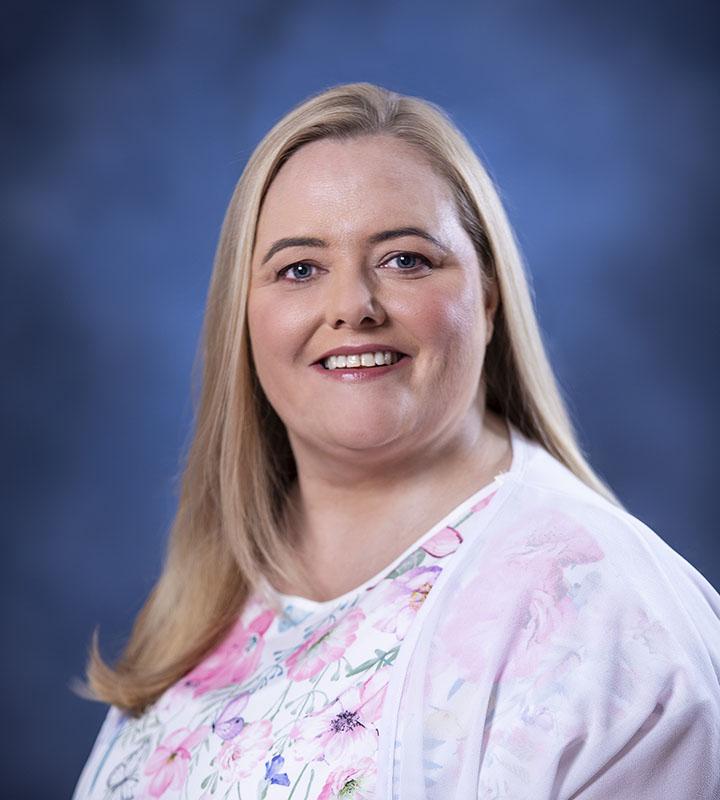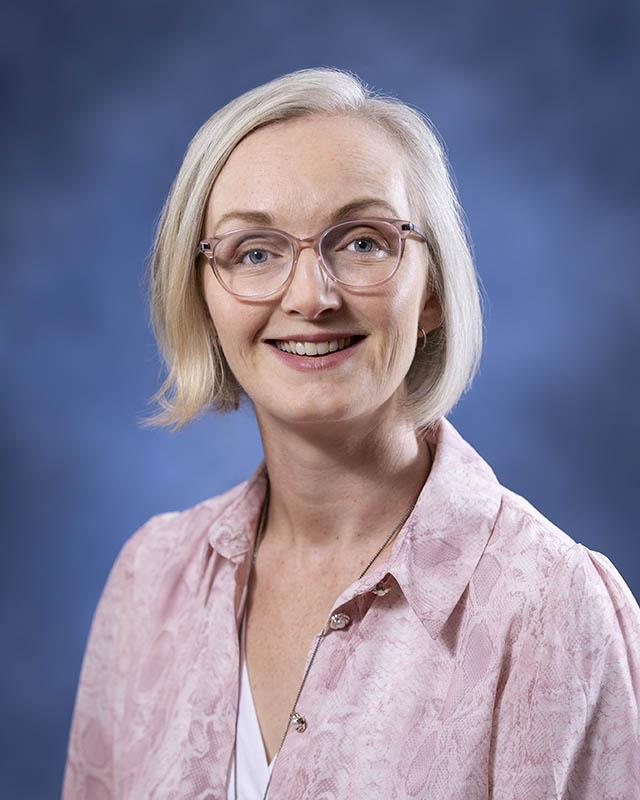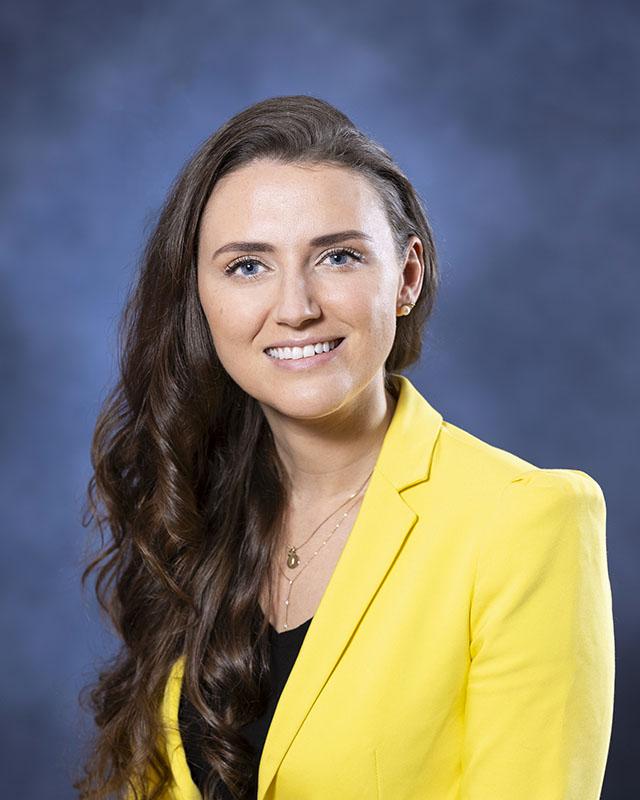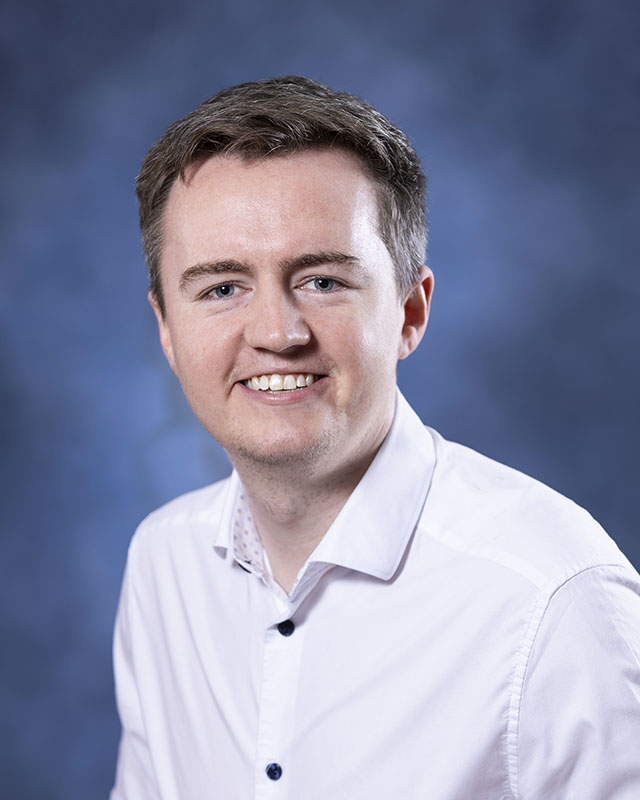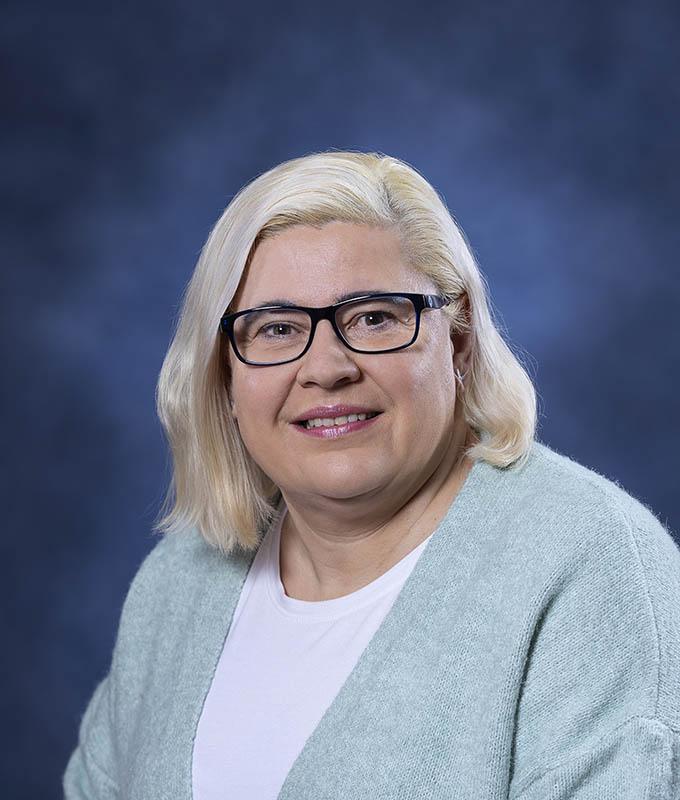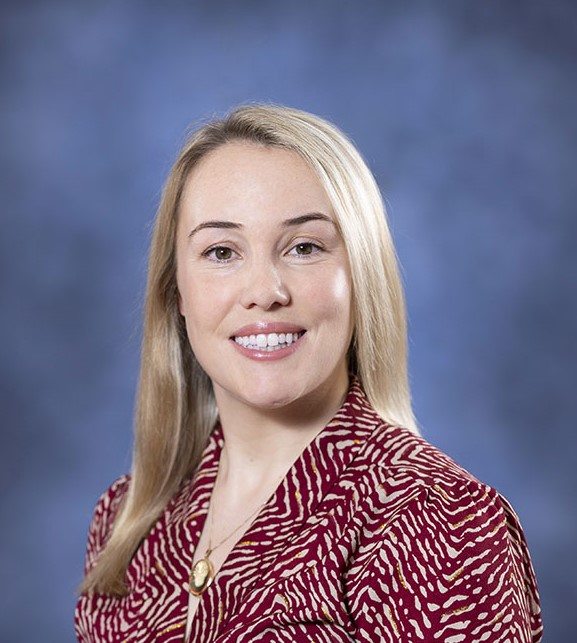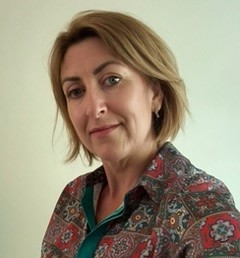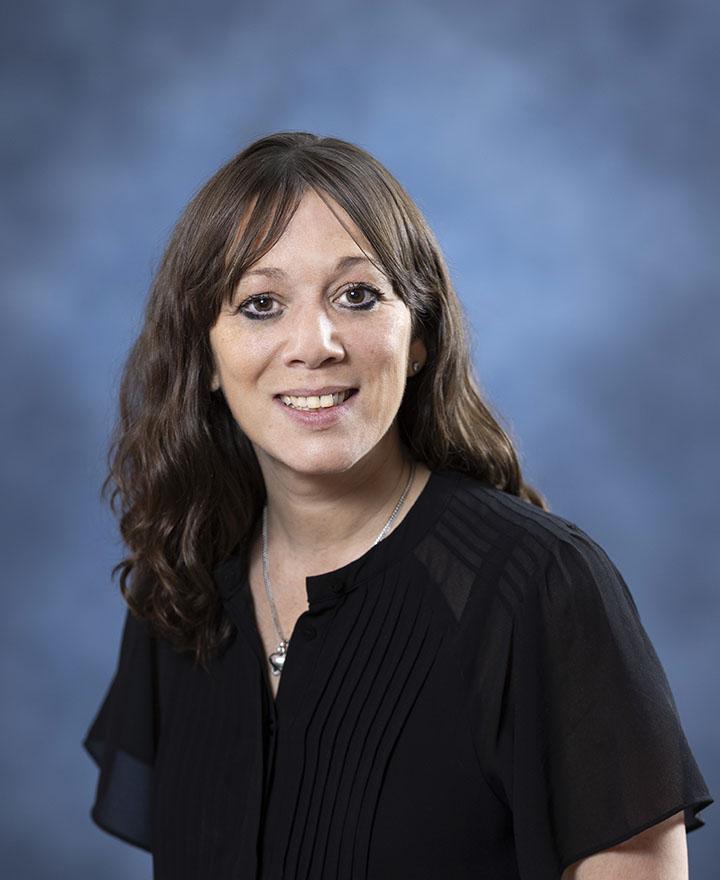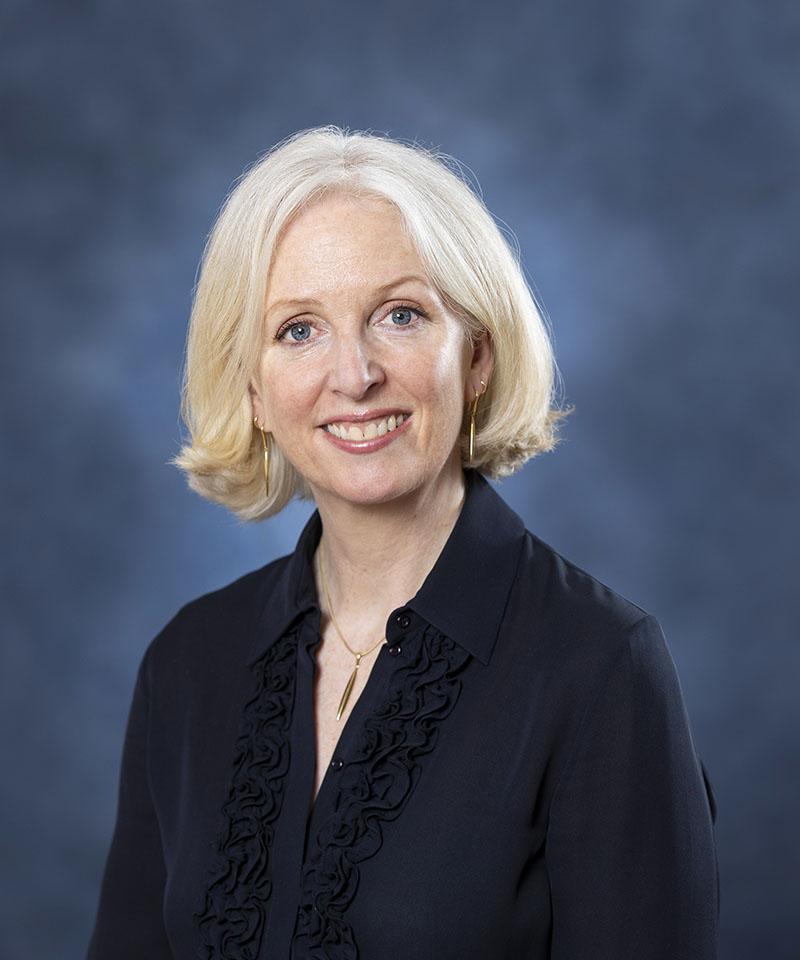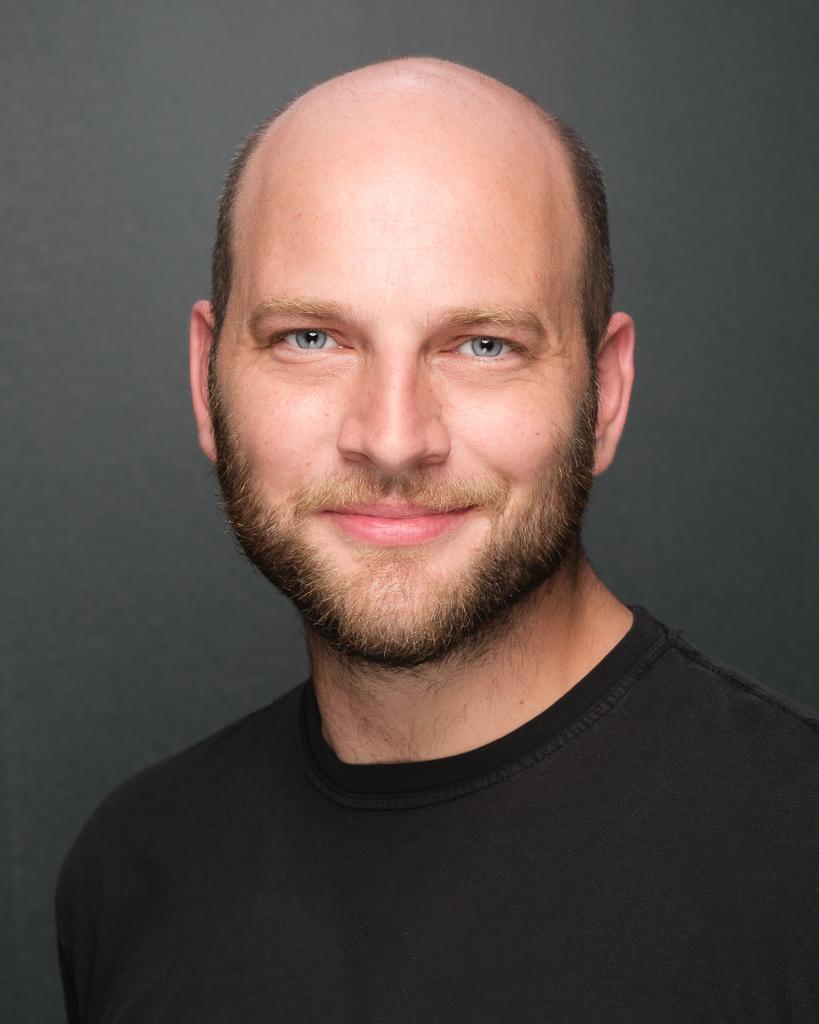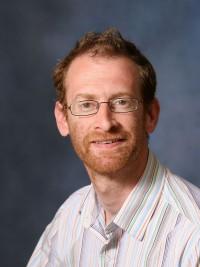ADHD Therapy:
Attention deficit hyperactivity disorder (ADHD) is one of the most common childhood disorders that can continue through adolescence and into adulthood. Symptoms include difficulty staying focused and paying attention, difficulty controlling behaviour, and hyperactivity (over-activity).
However, with the right therapy and treatment, individuals with ADHD can effectively manage their symptoms and lead fulfilling lives. ADHD therapy combines various therapeutic approaches, including cognitive-behavioural therapy (CBT), occupational therapy, and counselling. By exploring the available treatments for ADHD and understanding how it can help manage ADHD symptoms it allows ADHD treatment to become accessible for those who need it.
How Can Therapy Help ADHD ?
Counselling and psychotherapy play an important role in ADHD therapy. It can provide individuals with a supportive environment to explore their challenges and develop coping strategies. Through therapy sessions, adults with ADHD can gain insight into their condition, learn effective communication skills, and develop practical techniques to manage symptoms.
Furthermore, counselling can address co-existing conditions such as anxiety and depression, which are commonly linked with ADHD, this can enhance overall well-being and quality of life.

ADHD Assessment
A trained clinician, usually a clinical or counselling psychologist, may offer a service to do an assessment for ADHD. This is not essential for many adults, but it may be important in terms of their understanding of themselves. Most people will have at least one of the traits listed above, but for some people there are more traits present or they can be more disruptive in their daily lives and relationships.
Psycho-education is important in helping us to understand ourselves better and there is a lot of information now available to help people understand more about ADHD. This can be combined with working in therapy with an informed therapist, and this may be sufficient support in learning and understanding more.
For some, the assessment is helpful in confirming a better understanding of self, and may also be important in terms of considering combining therapy with medication (prescribed by a GP or psychiatrist), or simply medication alone.


Symptoms of ADHD in Adults & Children
ADHD manifests differently in adults compared to children. While children with ADHD typically display hyperactivity, impulsivity, and difficulty concentrating, adults may experience subtler manifestations such as restlessness, disorganization, and impulsiveness in decision-making.
Additionally, adults with ADHD often struggle with time management, maintaining relationships, and managing emotional responses. This can have an impact on various aspects of their lives including work and personal relationships.
Common adhd traits in adults can include some of the following :
- Carelessness
- Lack of attention to detail.
- continually starting new tasks before finishing old ones.
- poor organisational skills
- poor timekeeping.
- Forgetting appointments or other arrangements
- inability to focus or prioritise.
- often losing or misplacing things.
- Often forgetting to reply to emails and messages
- restlessness and edginess.
- difficulty keeping quiet, and speaking out of turn
Understanding ADHD Therapy Treatment
Treatment for ADHD typically involves a multi-faceted approach, with therapy playing a central role alongside medication when deemed necessary. Cognitive-behavioural therapy (CBT) can be considered one of the most effective therapeutic approaches for ADHD.
By focusing on identifying and modifying negative thought patterns and behaviours, CBT equips individuals with practical skills to better manage impulsivity, improve concentration, and enhance self-control.Through regular sessions with a trained therapist, adults can learn to reframe their perspectives and develop adaptive coping mechanisms.
ADHD therapy is not only about managing symptoms but fostering personal growth and empowerment. Through therapy, individuals with ADHD can learn to build resilience, enhance self-awareness, and unlock their full potential. By learning to harness their strengths and navigate their challenges, adults with ADHD can achieve greater success in various aspects of their life, including career advancement, academic pursuits, and interpersonal relationships.
ADHD therapy offers hope for anyone who is hoping to get a better understanding of themselves and their disorder. By introducing a treatment approach that is best suited to the client’s needs, individuals can embark on a journey towards self-discovery and embrace what they learn about themselves along the way.
How do I Make an Appointment?
Simply choose a location below or visit our Therapies page to help you identify the preferred centre and form of counselling and psychotherapy. Our available therapists can also be contacted directly from their profile page on the website. All of their contact details are on the website beside their profiles. It would be helpful if you could indicate in your email the days and times of your own availability, and also give a brief idea of what you are seeking to work with in therapy.
Alternatively if you are unsure which form of therapy or which counsellor or psychotherapist would be the most suitable, or if you would like further information, you can contact us directly by email at info@mindandbodyworks.com or phone us at 01 6771021. Our team can help advise and direct you towards the best matched therapist for you to work with.
We will attempt to match your requirements as much as possible but please bear in mind that this is subject to availability of therapists. We have therapists working 8am to 10pm Monday to Friday, and 9am to 6pm on Saturday. If you wish to work with a therapists who has familiarity with working with ADHD, it is good to mention this in your initial enquiry and you can also ask a therapist directly if they have done training or have experience around working with ADHD.

